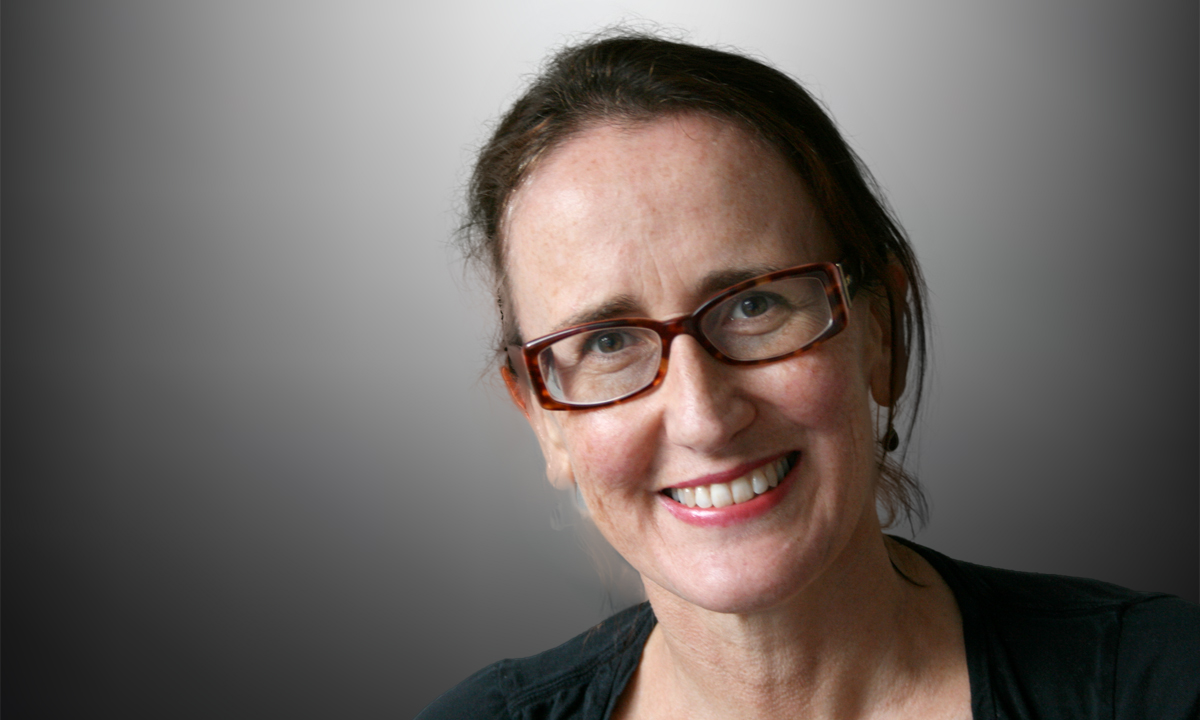WHEN parents of young children turn to the internet to answer their questions about immunisation, what they find can range from quality information to crazy conspiracy theories and downright lies.
And, the more susceptible we are to those conspiracy theories, the more likely we are to see them: search engine algorithms are written to give us what the designers think we want to see, based on our previous browsing history.
If you frequent anti-immunisation sites, that’s what you’re likely to get in your search results. It’s called the filter bubble.
So, what immunisation information would an “unbiased” search – one conducted anonymously with browser history turned off – deliver?
Australian researchers examined that question and their results aren’t exactly impressive.
The researchers, from the National Centre for Immunisation Research and Surveillance and the University of Sydney, entered a selection of the most common immunisation search terms into various search engines.
They scored the top 10 non-commercial results against criteria including the site’s transparency about its mission and funding sources, its accountability to users, and the quality and quantity of information supplied.
The average score across the 75 sites they examined was just 57 out of 100.
Sites classified as antivaccine did worse, receiving an average score of 30, but even those considered pro-vaccine only managed an average of 61.
The highest-rated site, with a score of 92, was the history of vaccines site set up by the College of Physicians of Philadelphia.
The worst one was this anti-immunisation site, which claims, among other things, that “many studies show that our children are sicker today than they were 50 years ago”.
Tell that to a poliomyelitis survivor.
Reassuringly, perhaps, most of the search engine hits were for pro-immunisation sites (87%), but why was the average quality rating for those sites so low?
“From a quality perspective, most pro-vaccine sites contained the correct information, but it was often not well referenced (if at all), did not disclose by whom it was written, and did not give the qualifications of the author(s) or editorial board, where applicable,” the researchers wrote.
“The majority of these sites did not go on to explain the information to any great depth, and while a relatively smaller number did go into more detail, it was either difficult to locate and not well attributed, or was very ‘science-heavy’ and difficult to read.”
The failings matter because of what we know about the various categories of parental attitudes to vaccination, these researchers argue.
One of them, Associate Professor Julie Leask, was earlier involved in designing a vaccine communication framework for health professionals, which identified five distinct parental groups: unquestioning acceptors of immunisation (30–40%), cautious acceptors (25–35%), the vaccine-hesitant (20–30%), late or selective vaccinators (2–27%) and vaccine refusers (< 2%).
It seems obvious that the target groups for quality information about immunisation would be parents who fall into that middle range between cautious acceptors and hesitant, late or selective vaccinators.
After all, there’s not much point in preaching to the converted, and the small numbers of absolute refusers are probably immune to reasoned argument (if not to anything else).
So, are parents in that middle range able to find the information they need online? Leask and colleagues think not.
“Our findings suggest that, while these parents are arguably the ones with the greatest information needs, their needs may not be being met by what is currently available to them; the information is either too basic, or too technical, with little readily available between the two extremes.”
What we need, they say, is “information which is easily found, transparently authored, well-referenced, and written in such a way that highly technical information is conveyed in an easily understood format informed by an understanding of parents’ needs”.
Surely, that shouldn’t be beyond our ability.
Jane McCredie is a Sydney-based science and health writer, editor and publisher.
To find a doctor, or a job, to use GP Desktop and Doctors Health, book and track your CPD, and buy textbooks and guidelines, visit doctorportal.

 more_vert
more_vert
Great ideal, but not practical — as the Australian study found, the problem isn’t that there isn’t good information out there, but that the *average* site gives poor information. In other words, the problem is one of volume, which means the “solution” is to change the average through massive increases in the number of “good” sites — this is impractical, and so the solution will remain out of reach. The only other possibility is to have some “authority” dictate to Google which sites are best and to prioritize them in the search results at the expense of its current market-driven filter bubble — also not practical, not to mention unacceptably authoritarian, and still idealistic (as if Wikipedia — notwithstanding its early promise — doesn’t delve into political editorialism).